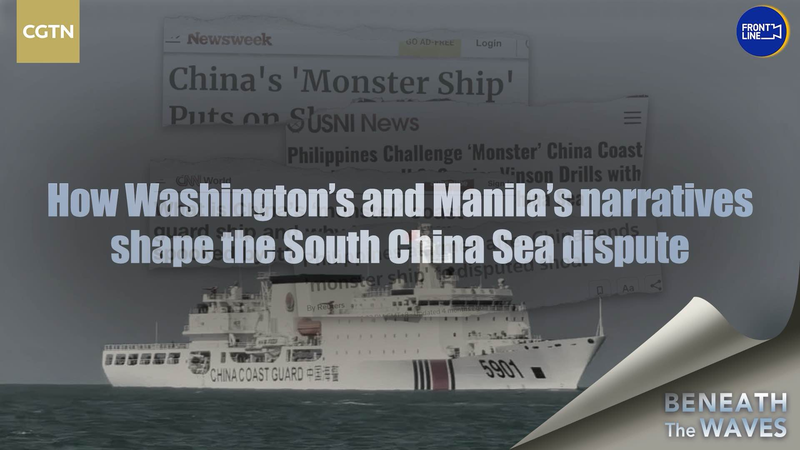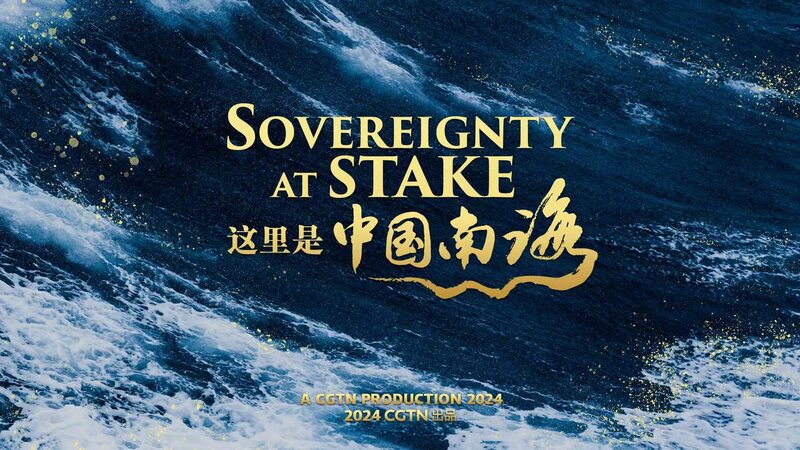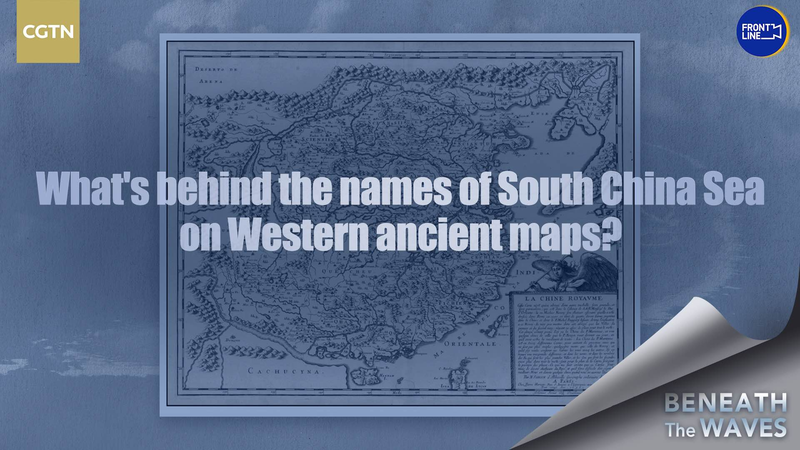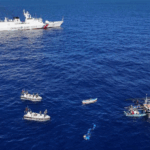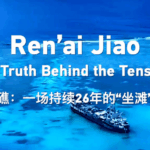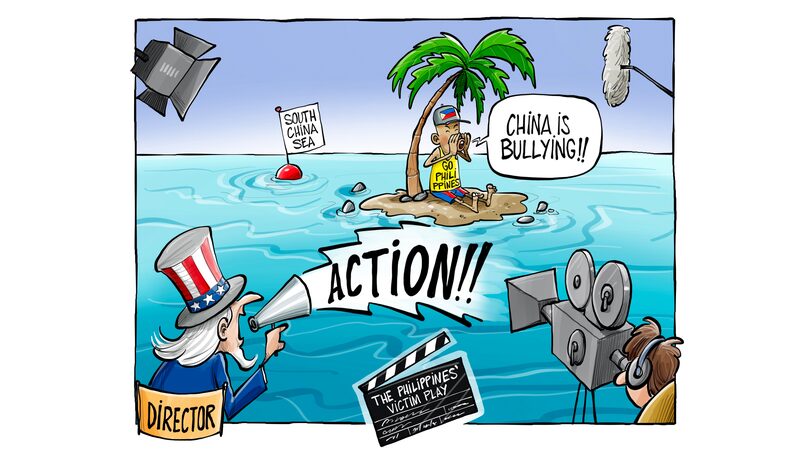The South China Sea, a vital maritime corridor rich in resources, has become a stage for geopolitical theater as media narratives increasingly shape global perceptions of its disputes. While headlines often spotlight naval standoffs or amplify the "China threat" narrative, experts argue this oversimplification obscures nuanced diplomatic efforts and inflames tensions.
"Media framing turns complex legal and historical claims into sensational drama," explained Dr. Li Wei, a maritime policy analyst, during a discussion with CGTN's Chen Yuan. "Selective reporting on confrontations overshadows quieter dialogues happening through ASEAN channels or bilateral talks."
Analysts note that dramatic storytelling techniques – emphasizing military deployments over fishing rights negotiations or environmental cooperation – risk polarizing public opinion. This dynamic complicates conflict resolution, as governments face pressure to adopt强硬 postures to satisfy domestic audiences.
For investors, the theatrics create uncertainty. "Every sensational headline about 'imminent conflict' sends shockwaves through energy and shipping markets," said Singapore-based economist Raj Patel. "The reality is far more measured, but perception drives short-term decisions."
As Asian diaspora communities seek balanced coverage, researchers emphasize the need for media literacy. "Understanding whose maps are shown, which historical references are cited – these choices aren't neutral," noted University of Malaya professor Aminah Hassan.
Reference(s):
How media narratives turn diplomacy into drama in South China Sea
cgtn.com
